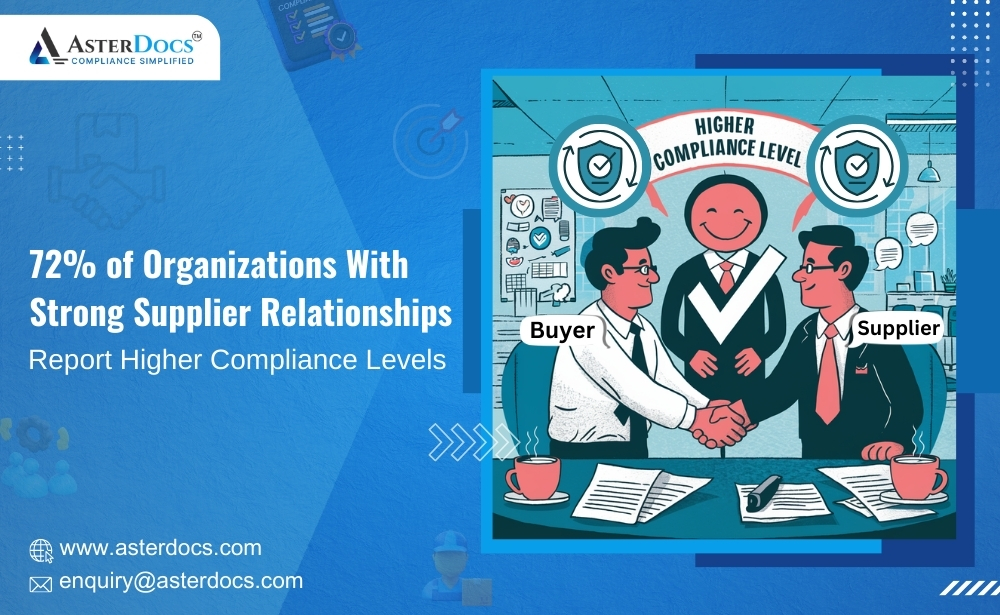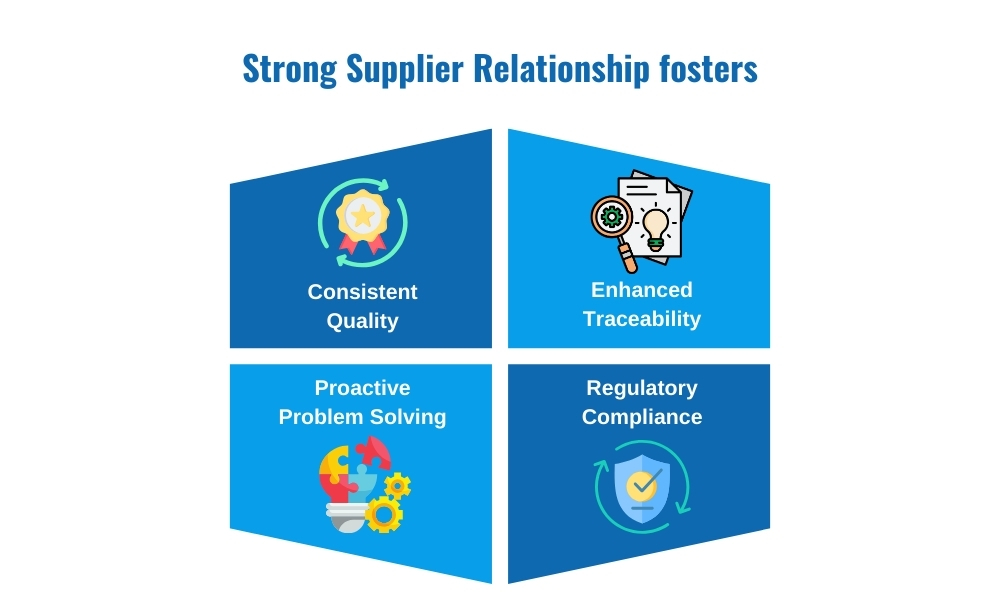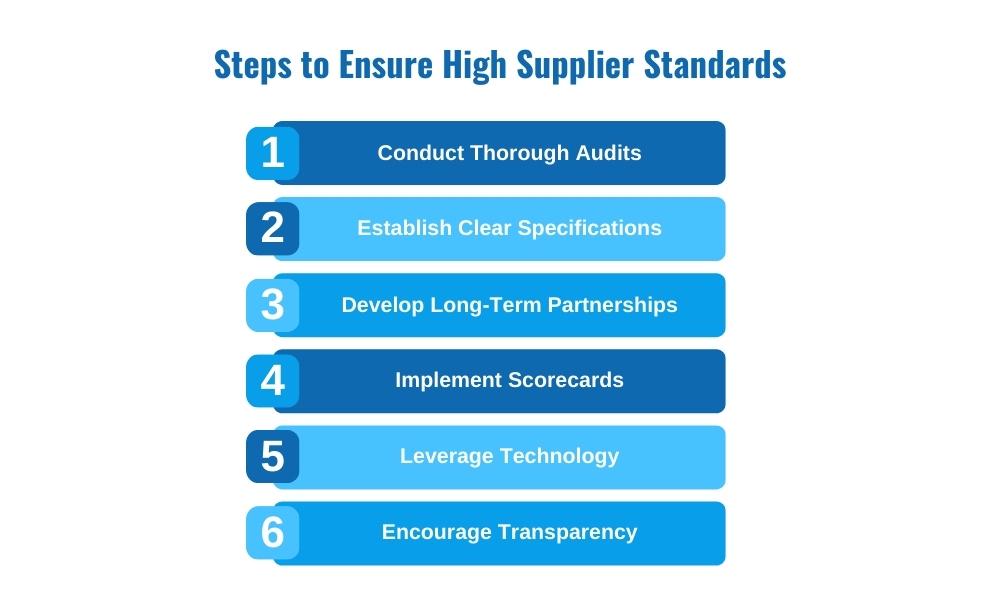In the nutraceutical industry, maintaining the highest quality and compliance standards for dietary supplements is paramount. One of the key factors influencing these standards is the effective management of suppliers.
In this blog, we will understand how supplier relationship management impacts the quality and compliance of dietary supplements and how to ensure high standards from suppliers.
The Impact of Supplier Relationship Management
The quality of dietary supplements begins at the source—farms and suppliers:
Effective supplier relationship management ensures that raw materials are sourced responsibly, meet stringent quality standards, and adhere to regulatory compliance. When nutraceutical companies foster strong relationships with their suppliers, they gain.
Consistency in Quality: Reliable suppliers deliver consistent quality, reducing the risk of variability in the final product. This consistency is critical for maintaining the efficacy and safety of dietary supplements.
Enhanced Traceability: Strong supplier management enables better traceability of raw materials and regulatory documents, which is crucial for compliance and recalls. This means that, in the event of a quality issue, the source of the problem can be quickly identified and addressed.
Proactive Problem Solving: A good rapport with suppliers allows for quicker identification and resolution of potential quality issues. This proactive approach minimizes disruptions in the supply chain and ensures that products remain compliant with industry standards.
Regulatory Adherence: Trusted suppliers are more likely to comply with industry regulations, ensuring that the final products meet all legal requirements. This adherence helps avoid costly fines and damage to the company’s reputation.
6 Steps to Ensure High Standards from Suppliers
Ensuring high standards from suppliers requires a systematic approach to supplier relationship management. Here are key steps to achieve this:
Conduct Thorough Supplier Audits:
Regular audits help assess the supplier’s capabilities and adherence to quality standards.
These audits should include inspections of their facilities, evaluations of their processes, and reviews of their quality control measures.
By conducting these audits, companies can verify that suppliers are meeting the necessary standards and identify areas for improvement.
Establish Clear Quality Specifications:
Define and communicate precise quality specifications for raw materials/ingredients. These specifications should cover all aspects of the materials, including purity, potency, and safety. By setting clear standards, companies can ensure that suppliers understand and meet the required quality levels.
Develop Long-Term Partnerships:
Foster long-term relationships with suppliers who consistently meet quality standards. This will encourage suppliers to invest in improvements and innovations that will benefit both parties. This collaboration can also lead to better quality and more efficient supply chain management.
Implement Supplier Scorecards:
Use scorecards to regularly assess supplier performance against defined criteria.
These criteria can include quality metrics and the availability of compliance documents. Providing feedback based on scorecard results helps suppliers understand their performance and areas where they need to improve. This can also help you filter out potential supplier risks.
Leverage Technology:
Use automation technology to streamline supplier management processes. Implement automated document management systems for real-time monitoring of supplier documents, performance, and quality metrics. This will also enhance transparency and document traceability in supplier management.
Encourage Transparency:
Promote open communication and transparency with suppliers. Encourage suppliers to share information about their facility, processes, and any potential issues they encounter. Transparency not only builds trust but also ensures that both parties are working towards the same quality and compliance goals.
Conclusion
Effective supplier relationship management is crucial for ensuring the quality and compliance of the ingredients in the nutraceutical and dietary supplement businesses. As the industry continues to grow, these practices will become even more critical in maintaining consumer trust and delivering safe, high-quality supplements.
Remember, the journey from farm to supplement is complex, but with robust supplier management, nutraceutical companies can navigate it successfully. If you’re looking for a solution to streamline supplier and compliance management, check out AsterDocs. It could be the perfect tool to help you on your way to compliance.















